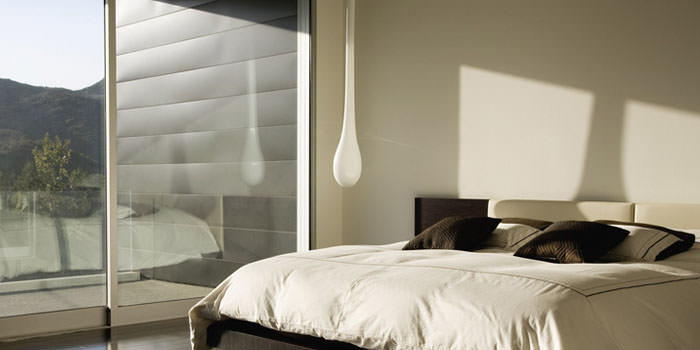The Green Side of Porta Cabins
Sustainable Living and Eco-Friendly Practices
As the world increasingly embraces sustainable living practices, Porta Cabins have emerged as eco-friendly alternatives in the realm of construction and architecture. These modular structures, once viewed as temporary solutions, are now at the forefront of environmentally conscious design, contributing to a greener and more sustainable future.
Repurposed and Recycled Materials: One of the hallmarks of sustainable living is the reduction of waste, and Porta Cabins excel in this aspect. Many of these modular structures are constructed using repurposed and recycled materials, giving a second life to resources that might otherwise contribute to landfills. This commitment to utilizing existing materials minimizes the environmental impact of construction.
Energy-Efficient Design: Sustainability goes hand in hand with energy efficiency, and Porta Cabins are designed with this principle in mind. These structures can incorporate energy-efficient systems, from lighting and heating to ventilation and air conditioning. The controlled construction environment of Porta Cabins allows for the optimization of energy consumption, contributing to overall efficiency.
Reduced Environmental Footprint: The construction industry is a significant contributor to environmental degradation, but Porta Cabins are changing the narrative. Their modular construction and efficient use of resources result in a reduced environmental footprint compared to traditional building methods. The minimized waste and resource consumption align with the principles of sustainable construction.
Adaptable to Renewable Technologies: Porta Cabins seamlessly integrate with renewable technologies, such as solar panels and wind turbines. This adaptability allows users to harness clean energy sources, further reducing reliance on non-renewable energy. The incorporation of these technologies positions Porta Cabins as symbols of forward-thinking and sustainable living.
Water Conservation Measures: Sustainable living encompasses responsible water usage, and Porta Cabins are designed to incorporate water conservation measures. From low-flow faucets to efficient plumbing systems, these modular structures prioritize water efficiency without compromising on user comfort. This commitment to water conservation aligns with the broader goal of sustainable practices.
Green Roofs and Vertical Gardens: Porta Cabins offer opportunities for the integration of green roofs and vertical gardens. These features not only enhance the aesthetic appeal of the structures but also contribute to environmental sustainability. Green roofs provide insulation, absorb rainwater, and create habitats for biodiversity, promoting a harmonious relationship with nature.
End-of-Life Recyclability: Even at the end of their lifecycle, Porta Cabins maintain their commitment to sustainability. The modular nature of these structures allows for disassembly, and the components can be recycled or reused in other construction projects. This end-of-life recyclability ensures that Porta Cabins leave a minimal environmental impact.
Educating and Inspiring Sustainable Practices: Beyond their physical attributes, Porta Cabins serve as educational tools, inspiring individuals and organizations to embrace sustainable practices. By showcasing eco-friendly construction methods and energy-efficient technologies, these structures contribute to a broader cultural shift towards sustainable living.
In conclusion, Porta Cabins are not just structures; they are ambassadors of sustainable living. Through the integration of eco-friendly materials, energy-efficient systems, and a commitment to reducing environmental impact, these modular structures exemplify the possibilities of a greener and more sustainable future.


0 comments